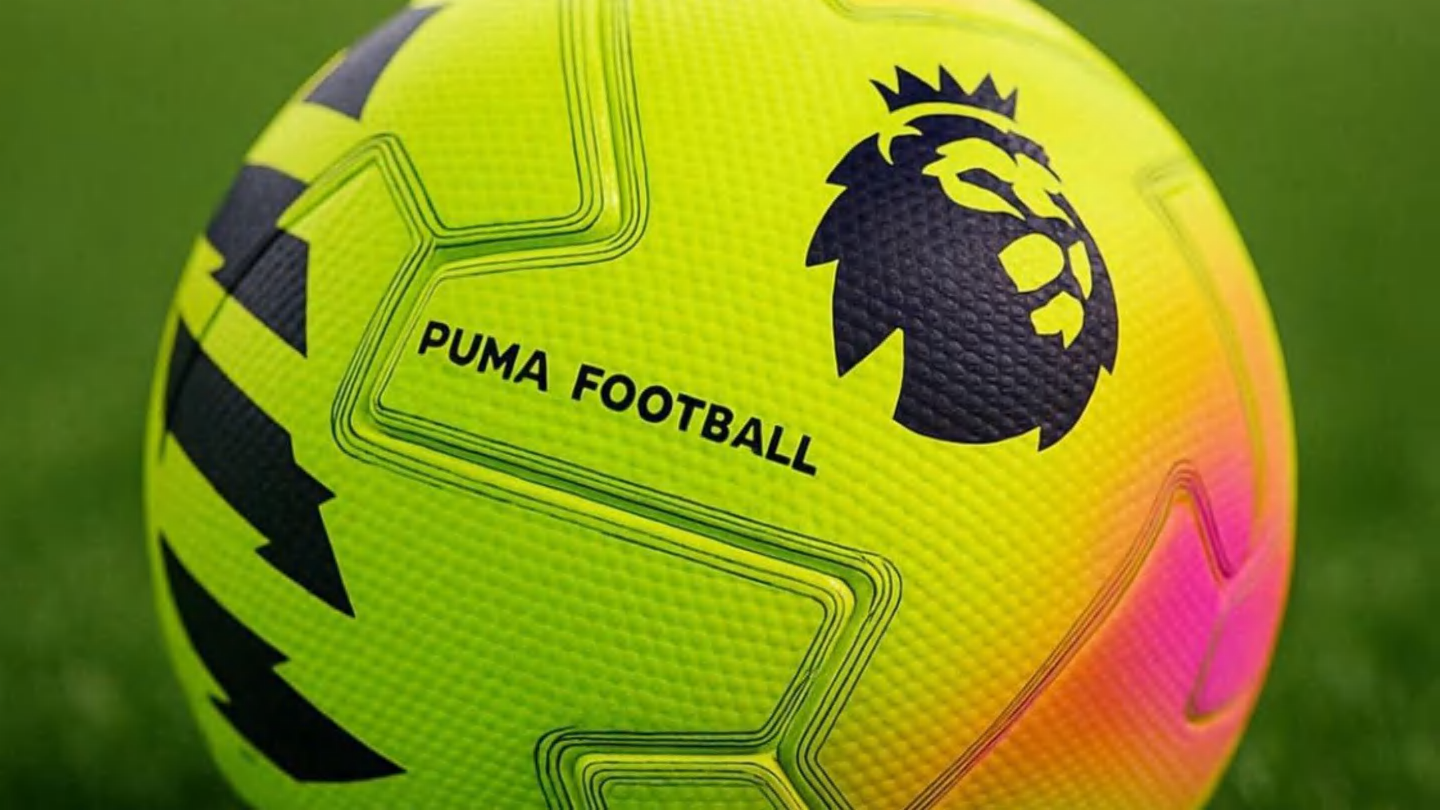Leaping over the road of scrimmage to dam a kick. Standing ultimately zone to swat away a discipline aim. Overtly slapping an opponent within the head.
As soon as upon a time, you could possibly see N.F.L. gamers do all these issues. And so they had been authorized. However over time, all of them have been banned.
And maybe quickly to affix them is the “Tush Push” or “Brotherly Shove,” the transfer perfected by the Tremendous Bowl champion Philadelphia Eagles.
In that play, which is executed when the group wants solely a yard or much less, the Eagles’ offensive linemen mass intently collectively, snap the ball and push ahead. The quarterback, Jalen Hurts, retains the ball and lunges ahead whereas different large gamers push him from behind.
The play has been remarkably profitable for the Eagles over the previous couple of seasons, almost at all times gaining the yard or so wanted.
Now a grievance has been filed with the league asking it to ban the play. Though the complaining group was not revealed, a number of information media sources have recognized it because the Inexperienced Bay Packers.
The Packers’ president, Mark Murphy, mentioned on the group’s web site, “There is no such thing as a talent concerned, and it’s virtually an computerized first down on performs of a yard or much less.”
However Eagles Coach Nick Sirianni and others say the transfer to bar the shove has the whiff of bitter grapes. It’s not that different groups keep away from the play as a result of it’s unfair; it’s that they’ll’t execute it in addition to the Eagles do.
“We work so arduous at that play,” Sirianni mentioned on NBC. “I do know groups try it, and I do know in the event that they had been profitable at it they might use it.”
Others have recommended the play may be harmful. However a league research didn’t discover conclusive proof that the play brought about an elevated threat of damage.
There was a thought that with the retirement of Jason Kelce, the Eagles heart who was a key issue within the play, the Eagles wouldn’t be as profitable with the push. However even with out him the group stored pushing and shoving all their approach to the championship this season.
Listed here are a few of the different performs you may not see on an N.F.L. gridiron.
The Ahead Fumble
Typically, a single play prompts a rule change.
In a 1978 recreation towards the San Diego Chargers, the Oakland Raiders trailed by 6 factors with 10 seconds left. They had been 14 yards from the top zone.
Quarterback Ken Stabler was about to be sacked and the ball got here out of his arms, transferring ahead. One other participant pushed it ahead some extra after which Dave Casper kicked it into the top zone and fell on it, scoring a landing and profitable the sport for the Raiders. The play grew to become generally known as the Holy Curler.
A brand new rule was adopted after the season: On a fumble within the final two minutes, solely the fumbling participant himself can advance the ball.
Leaping Over the Line
Blocking a discipline aim can stop the opposing group from scoring 3 factors. So why not attempt no matter it takes to do it?
Within the 2010s, some athletic gamers, notably on the Seattle Seahawks, tried leaping over the road of scrimmage to get a greater shot at blocking that kick. Typically they succeeded. However in 2017 the N.F.L. put a cease to it typically. (On that event, it was the Eagles who proposed the rule change.)
Goaltending, N.F.L. Type
How about getting a extremely tall man to face proper on the aim posts and attempt to swat away the sector aim attempt? Yeah, that’s been tried. And that’s been banned.
Within the early Nineteen Seventies the Kansas Metropolis Chiefs parked a 6-foot-10 participant named Morris Stroud simply in entrance of the aim posts and had him attempt to block lower-trajectory kicks. It labored now and again.
However the N.F.L. quickly amended its guidelines to ban — borrowing a basketball time period — “goaltending by a defensive participant leaping as much as deflect a kick because it passes above the crossbar of a aim publish.”
Harmful Performs
No matter you concentrate on these performs, few would argue that it might be a good suggestion if gamers may nonetheless slap one another within the head (banned in 1977), deal with by grabbing the again of the shoulder pads (the so-called horse collar, banned in 2005) or hit an opponent helmet-to-helmet (banned in 1996).
The N.F.L. has a repute for being stodgy and sluggish to vary. However virtually yearly, some guidelines are tweaked, and the sport is, one hopes, improved.
Whether or not banning the Brotherly Shove could be an enchancment is dependent upon your perspective and your interpretation of the intricacies and nuances of the voluminous N.F.L. rule guide.
Or maybe on whether or not or not you’re an Eagles fan.








